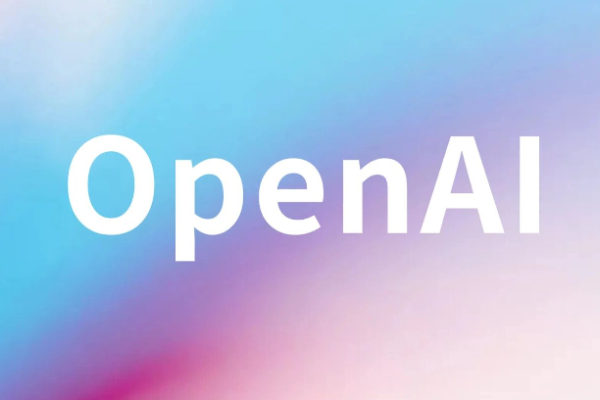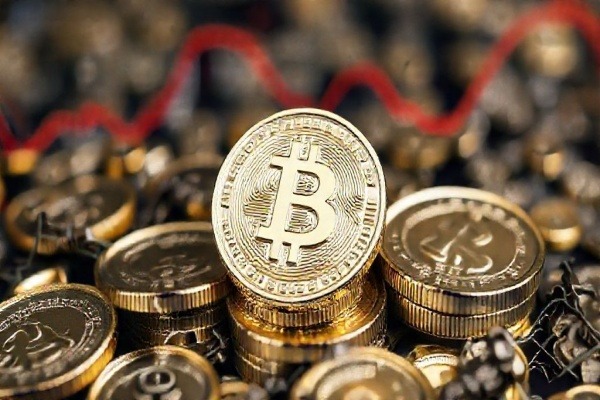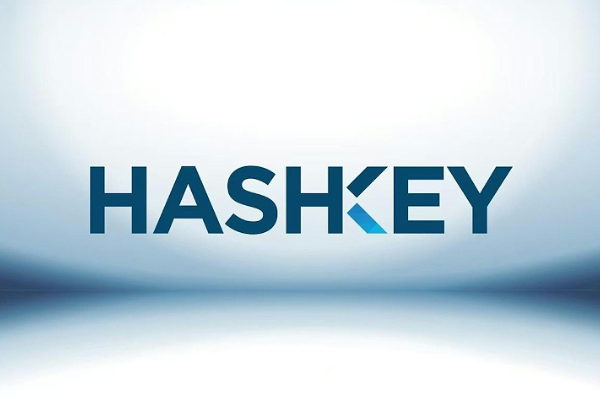Norwegian listed company NBX includes Bitcoin in its treasury assets, taking a key step in its digital asset strategy
Norwegian Block Exchange (NBX), a Norwegian cryptocurrency trading platform and digital asset service provider, recently announced that it has officially included Bitcoin in its corporate balance sheet. This move makes NBX the first publicly listed company in Norway to use Bitcoin as a treasury asset.
NBX's inclusion of Bitcoin in its reserve assets reflects its high recognition of Bitcoin's long-term value. Company executives said that this move is not only part of financial diversification, but also a strategic bet on the future development direction of the digital economy. As the basic asset of the crypto industry, Bitcoin is regarded as "digital gold", and its scarcity and decentralization make it a potential means of storing value in a turbulent economic environment.
In the past few years, many companies around the world have embarked on a similar path, including Tesla, MicroStrategy, Square (now Block Inc.), etc. They have converted part of their cash assets into Bitcoin to cope with inflation, optimize asset structure, or convey long-term confidence in blockchain technology to the market. As a representative digital asset platform in the Nordic region, NBX's move will undoubtedly trigger a chain reaction in the local market, prompting other Norwegian and Nordic companies to re-examine the role of digital assets in corporate financial strategies.
NBX said that the company will hold its Bitcoin holdings for a long time and regard it as a tool to enhance capital flexibility and improve the efficiency of the company's asset allocation. It is worth noting that this is not the first time that NBX has entered the Bitcoin ecosystem. It provides trading, custody and payment services for Bitcoin and a variety of crypto assets. Therefore, its understanding of Bitcoin and risk control capabilities are more mature than traditional companies.
The timing of this change is also quite meaningful. Against the backdrop of continued macroeconomic uncertainty, rising inflation risks of fiat currencies, and the gradual clarification of global digital asset regulation, more and more companies are beginning to explore incorporating crypto assets into their balance sheets to enhance risk resistance and seize the potential dividends of future financial infrastructure transformation.
In addition, NBX's move is not only financially significant, but also has a demonstrative role at the market level. As a publicly listed company, its decision to hold coins must be approved by the board of directors and comply with regulatory requirements, indicating that Bitcoin's position in corporate asset allocation is gradually gaining institutional recognition, and it will also help enhance the public and regulators' trust in the stability and legitimacy of crypto assets.









